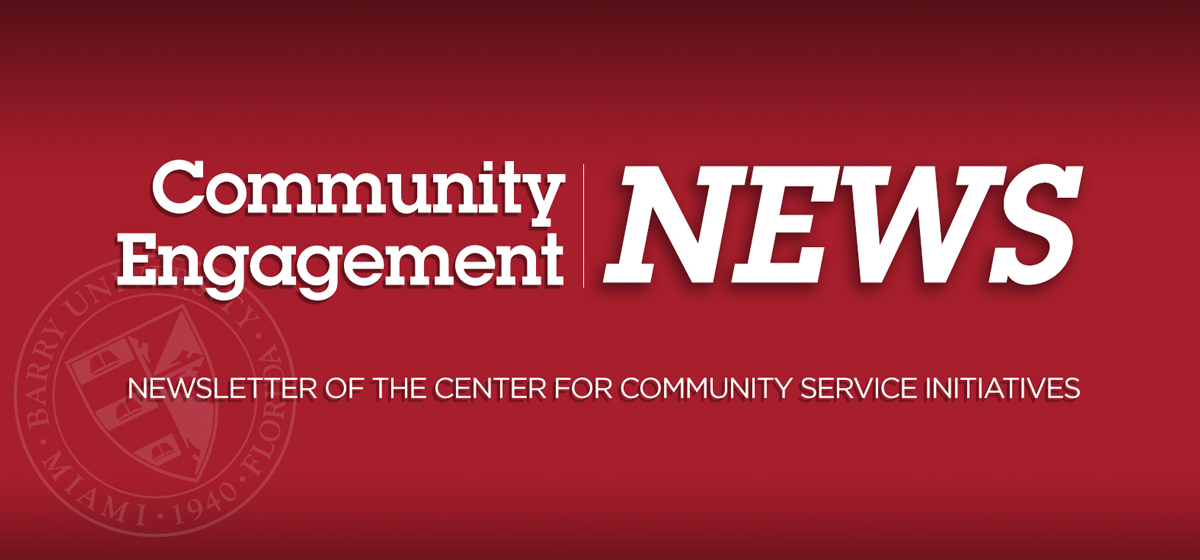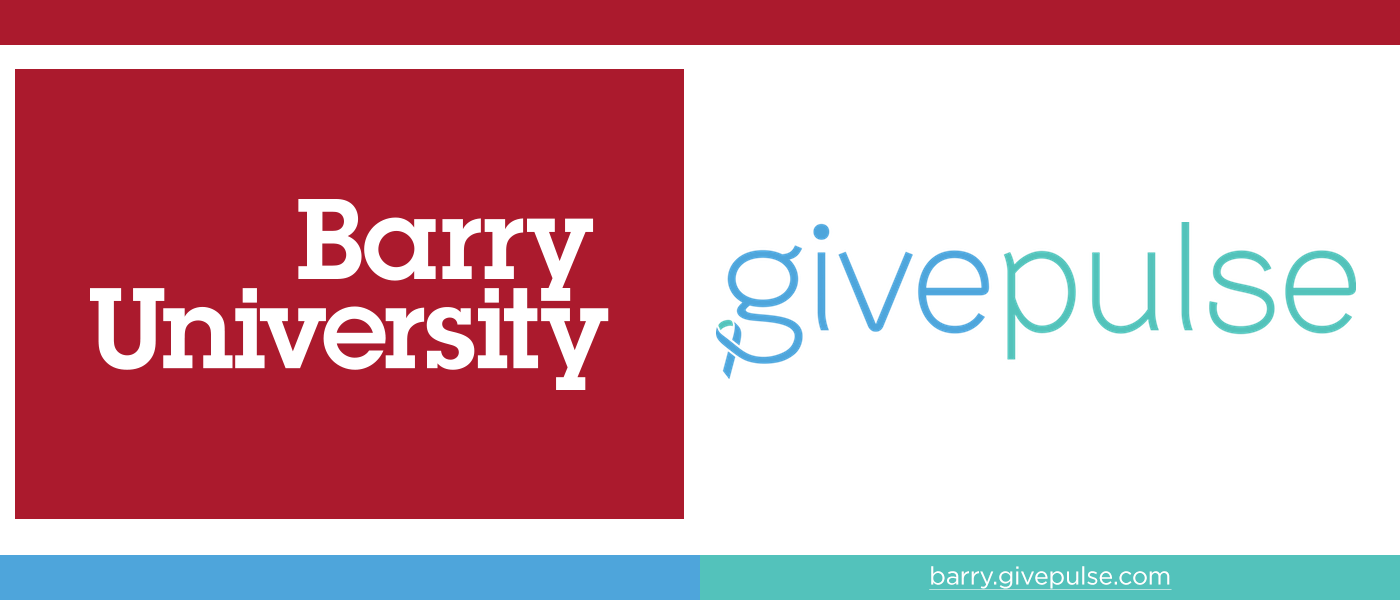June 14, 2021
IN THIS ISSUE
- CCSI Completes Implementation of Five-Year Strategic Plan, Highlights Achievements
- Community Service Contributes to Student Retention—President Allen
- Available Resources Include Fact Sheets on Various Community Engagement Topics
Ccsi Completes Implementation Of Five-Year Strategic Plan, Highlights Achievements
Significant outcomes include engaged scholarship in faculty promotion criteria

Community-engaged scholarship has become an explicit component of the university’s criteria for faculty promotion. Both the Service-Learning Faculty Fellows Program and the Faculty Learning Community for Engaged Scholarship (FLC) have contributed to Barry’s success as a community-engaged university. Here, Lorna Owens, founder and chief executive officer of Footprints Foundation, participates in an FLC meeting. Dr. Pamela Hall and Dr. Raul Machuca—two former service-learning faculty fellows who were later promoted to associate professors—listen attentively to the community organization leader.
The Center for Community Service Initiatives (CCSI) has completed the implementation of its strategic plan for 2016–2021. A significant outcome of the plan is the inclusion of community-engaged scholarship explicitly in the university’s criteria for faculty promotion.
Among other major outcomes are the approval of a civic engagement course; implementation of a Campus Compact-inspired Civic Action Plan; and the enhancement of the Barry Service Corps as a high-quality, innovative program that facilitates civic learning and leadership development.
Community partnership development is also part of the CCSI’s success story of the past five years. The number of registered community partners reached 200 in 2021.
CCSI staff members reviewed the outcomes of the strategic plan at their retreat last week. The three-day, on-campus retreat was an opportunity for critical review of Barry’s community engagement programs, projects, and services with an eye to mapping the course for the next five years.

Community partnership development is part of the CCSI’s success story of the past five years. The CCSI hosted a workshop as a component of the annual Community Engagement Fair.


LEFT: Dr. Ligia Mihut, an assistant professor of English and former service-learning faculty fellow, published an essay in Reflections: A Journal of Community-Engaged Writing and Rhetoric. Throughout the five-year period, faculty productivity in community-engaged scholarship was considerably high.
ABOVE: Barry Service Corps Fellow Paris Razor exemplified the success of the CCSI’s student learning and leadership development initiative with attention to personal and social responsibility outcomes of co-curricular programs.

The CCSI enhanced its Deliberative Dialogue Series with facilitation of outcome-focused deliberation of salient social issues. Margaret R. Stewart, director of the Center for Earth Jurisprudence at Barry’s School of Law (right), moderated a forum in the 2018–2019 Deliberative Dialogue Series. CCSI Associate Director Courtney Berrien noted suggestions from forum participants—students, faculty, staff, alumni, and community partners—for addressing climate change and global warming.
All six goals of the strategic plan have been achieved. The strategic goals covered (1) community engagement programs, projects, and events; (2) resources and services to advance community engagement; (3) university–community partnerships; (4) faculty professional development in service-learning, engaged scholarship, and other areas of community engagement; (5) student civic learning and leadership development; and (6) public visibility and recognition of community engagement.
Each goal reflects an essential function of the CCSI, an Academic Affairs unit whose primary purpose is “to foster civic engagement among students, faculty, and staff in the pursuit of social justice.”
| Selected Outcomes of CCSI’s Strategic Plan | |
Community engagement programs, projects, and events | ◼ Enhanced Deliberative Dialogue Series with facilitation of outcome-focused deliberation of salient social (justice) issues. ◼ Community Engagement Symposium focused more sharply on the “community engagement and collaboration” outcomes of Barry’s Quality Enhancement Plan. ◼ Distinctive Community Engagement Awards. ◼ Community partnership development as part of the annual Community Engagement Fair. ◼ Year-round implementation of the Campus Democracy Project as an opportunity for civic learning and democratic engagement. ◼ Special opportunities for administrators and staff to participate in projects for designated Days of Service, Alternative Breaks, and special observances. |
Community engagement resources and services | ◼ Community-Based Research Incentive Program. ◼ Expanded CCSI library collection of books and book chapters, journals and journal articles, and other resources to support community-engaged faculty research and creative activities. ◼ Replacement of the Community Engagement Management System to more effectively support the CCSI’s clearinghouse role. ◼ Reconstituted Community Engagement Leadership Groups to support program enhancement and evaluation. |
University–community partnerships | ◼ Implementation of Civic Action Plan, demonstrating institutional commitment and responsibility for contributing measurably to community well-being ◼ Streamlined community partnership development procedure and categorization of partners. ◼ Intentional engagement of community partners in program planning and evaluation. |
Faculty professional development | ◼ Emphasis of Service-Learning Faculty Fellows Program on both service-learning practice and the scholarship of teaching and learning. ◼ Revised Service-Learning Faculty Handbook with additional chapters on International Service-Learning and Service-Learning in Online Courses. ◼ Comprehensive review of designated service-learning courses to ensure that they continue to meet the highest standard of service-learning practice. ◼ Development of Service-Learning and Civic Engagement modules. ◼ Faculty productivity in community-engaged scholarship facilitated by the Faculty Learning Community. ◼ Successful proposal to the Faculty Senate that community-engaged scholarship be included explicitly in the University’s criteria for promotion. |
Students as active citizens and change agents | ◼ Integration of personal and social responsibility learning outcomes in curricular and co-curricular programs. ◼ Approval of newly developed civic engagement course—introductory course in a proposed three-course sequence. ◼ Development of the Barry Service Corps as a high-quality, innovative program that facilitates civic learning and leadership development. ◼ Exemplary student contributions through Federal Work-Study Community Service to public institutions and nonprofit organizations that directly address the needs of underserved populations. |
Public visibility and recognition | ◼ Redesigned website with up-to-date information on community engagement programs, projects, events, and resources. ◼ Publications and social media posts featuring community engagement activities and achievements with special attention to engagement focused on social justice. ◼ Successful applications for local, state-level, and national awards and recognition. |
Titled “Creating Community Impact Through Experiential Learning and Engaged Scholarship,” the five-year plan also resulted in improvements to designated courses so they would reflect the social responsibility goals of Barry’s Quality Enhancement Plan and meet the highest standard of service-learning practice.
The CCSI supported faculty professional development in service-learning and community-engaged scholarship. Both the Service-Learning Faculty Fellows Program and the Faculty Learning Community for Engaged Scholarship have contributed to Barry’s success as a community-engaged university.
Community Service Contributes To Student Retention—President Allen

President Allen comments on students’ recognition of the value of community service.
Students who do community service value their experience and tend to remain at the university that provided them with the opportunity to serve, says President Mike Allen.
“What’s a great sign or indicator of retention in college is students who do service,” Dr. Allen noted last week. “Students who go out and do a service project or give back … tend to stay at their universities at a much higher rate than students who don’t.”
The university president sat down with Grant Miller at Miami’s Community Newspapers to talk about university matters.
“[Students] see the difference that they can make,” Dr. Allen added. “They see the value of being there.”

President Allen responds to a question from Grant Miller of Miami’s Community Newspapers. Allen highlighted Barry’s partnership with Big Brothers Big Sisters of Miami“—“a wonderful opportunity … to … give back to the community.”

In the interview, he mentioned Barry’s commitment to social justice through collaborate service.
In response to a question, President Allen highlighted Barry’s partnership with Big Brothers Big Sisters of Miami. The partnership provides “an opportunity for our students, our faculty and staff to be mentors for young people who need it.” He called the partnership “a wonderful opportunity for us at Barry to really give back to the community.”
The mission of Miami’s Community Newspapers is “to promote, inform and connect the residents, businesses and local governments of the communities” it serves.
Available Resources Include Fact Sheets On Various Community Engagement Topics
The CCSI has assembled a variety of community engagement resources, which are available to both Barry campuses and community partners. Among the resources are fact sheets—a dozen or so—on various community engagement topics.

The following topics are among those covered by the fact sheets:
- Community-Based Research
- Community-Engaged Scholarship
- Community Engagement
- Deliberative Dialogue
- Experiential Learning
- Service-Learning
- Service-Learning and Social Justice
- Service-Learning Internship
The eight fact sheets listed above may be downloaded from the CCSI website. To obtain a list and copies of other fact sheets, contact the CCSI via email at service@barry.edu.
EXPERIENTIAL LEARNING BOOK: A book on experiential learning in higher education, authored by members of Barry’s Faculty Learning Community for Engaged Scholarship, has been released by the publisher.
COMMUNITY IMPACT AWARD: During the CCSI’s first 10 years, 25 individual students and student groups have won the community engagement award in the Community Impact category. See the list in next week’s issue of Community Engagement News.
CIVIC HOLIDAYS: Several “Civic Holidays” are now on the national calendar. As part of Barry’s Campus Democracy Project, they will be celebrated next academic year, mostly via social media.
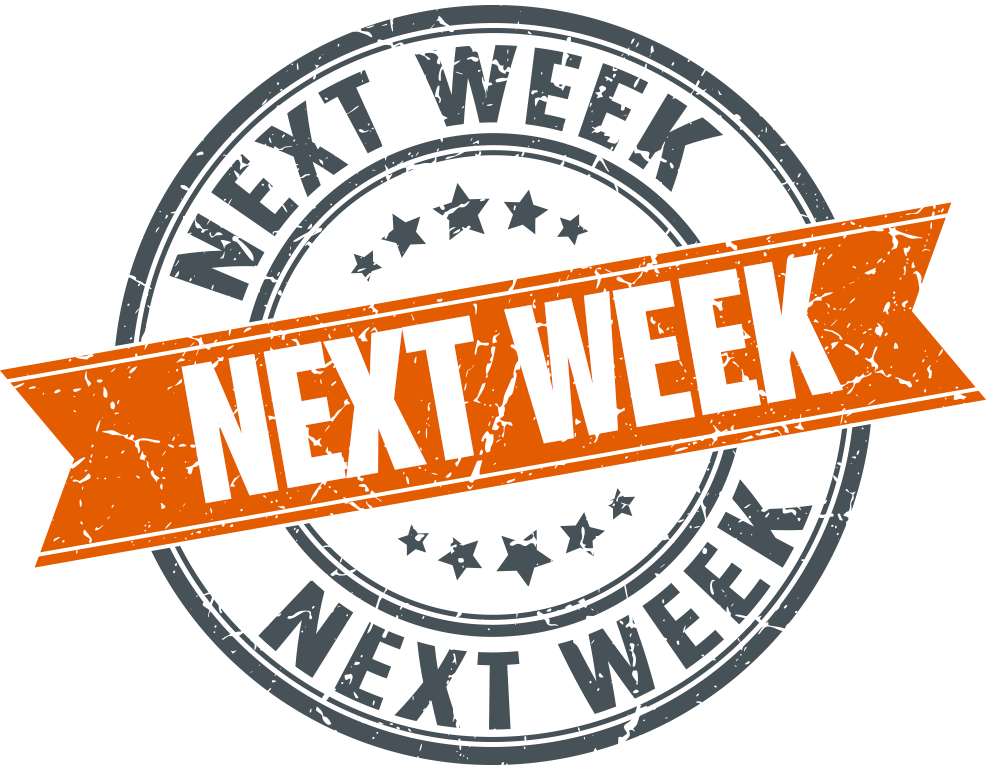
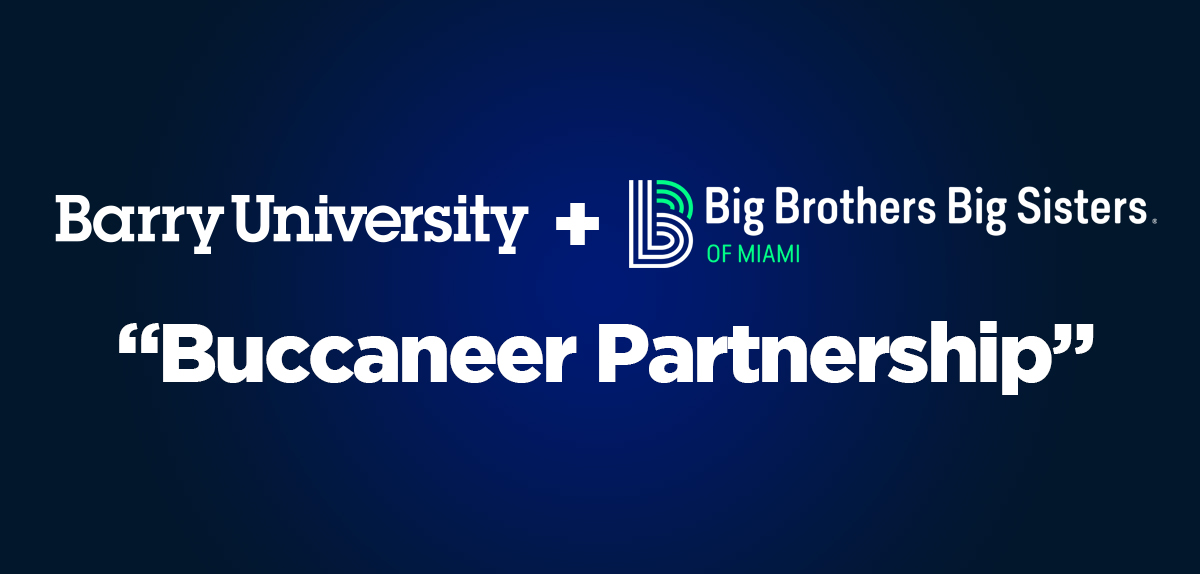
Apply to become a mentor (aka Big): https://bbbsmiami.org/volunteer/apply/
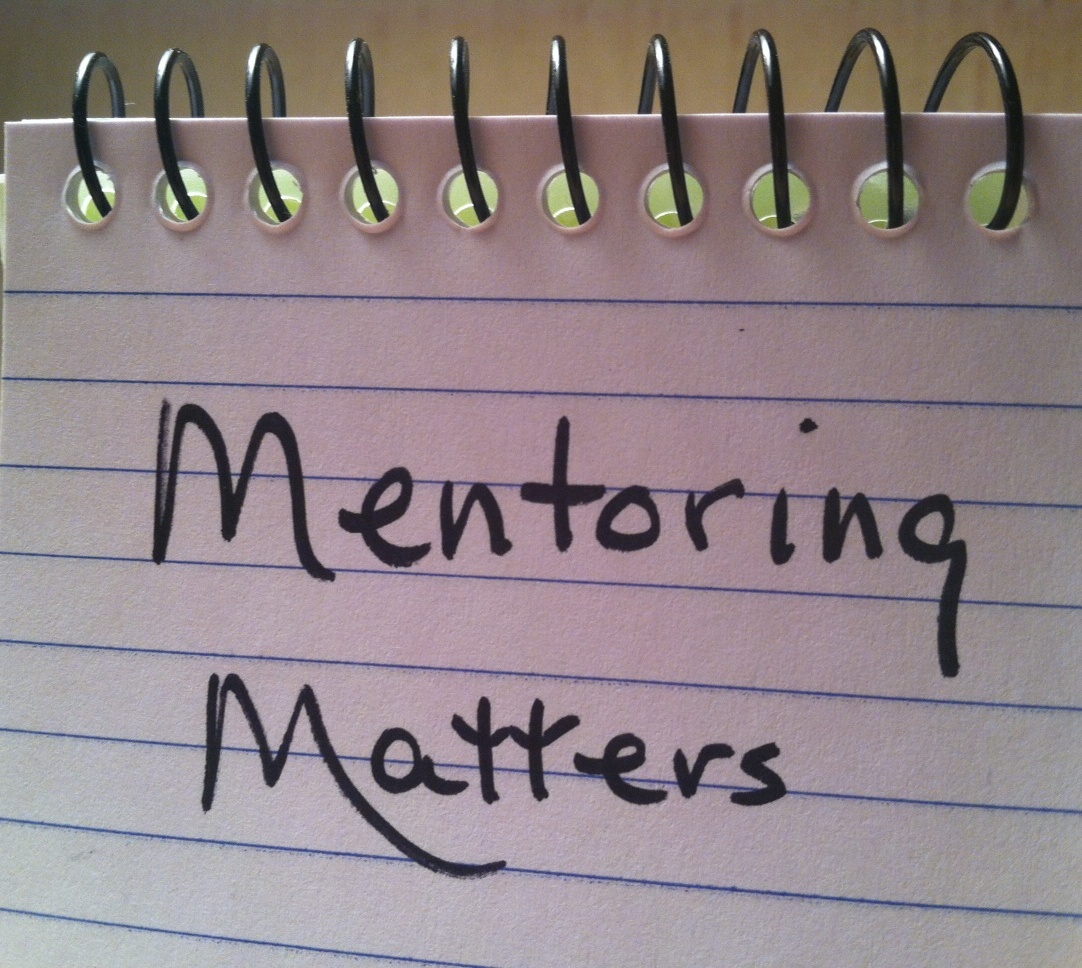
For assistance with GivePulse—the community engagement platform—contact the CCSI’s Liz James at ljames@barry.edu.

11300 NE 2nd Avenue
Adrian 208
Miami Shores, FL 33161

